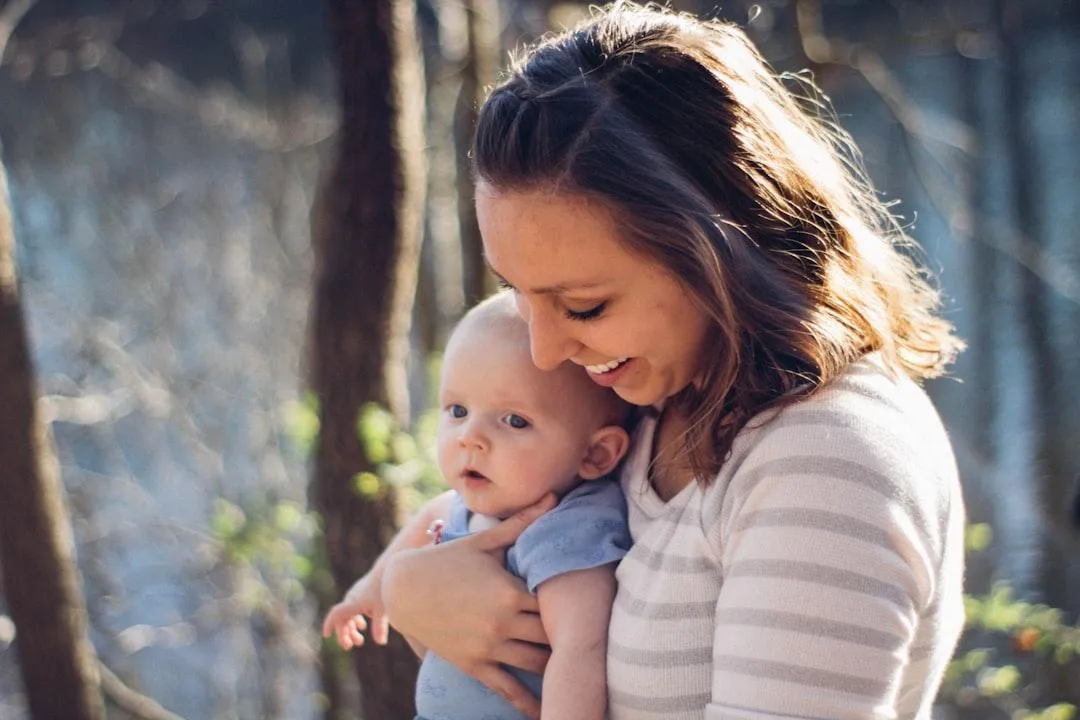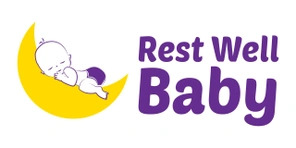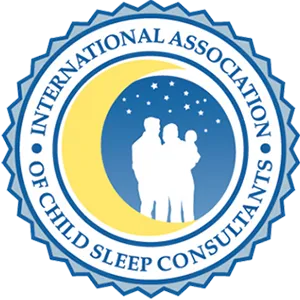Blog

Why is My Baby Waking Up Early?
The 5 AM Club Nobody Wants to Join: Why is My Baby Waking Up Too Early?
Ah, the dreaded early morning wake-up. Just when you thought you might finally snag a decent stretch of sleep, your little one decides 5 AM is party time. As a certified gentle sleep coach, I hear this concern more than almost any other. You're not alone! While it can be incredibly frustrating, understanding the potential reasons behind these early starts is the first step towards reclaiming those precious extra hours of sleep.
So, why is your baby suddenly an early riser? Let's explore some common culprits:
1. Late Bedtime: This might seem counterintuitive, but putting your baby to bed too late can actually lead to earlier wake-ups. When babies become overtired, their bodies release cortisol, a stress hormone that can disrupt sleep and make it harder to stay asleep longer. Aim for a bedtime that aligns with your baby's natural sleep window, typically between 7-8 PM for most babies.
2. Overtiredness (Again!): I know, I just mentioned this. But it's crucial! Even if bedtime isn't consistently late, insufficient naps or naps that are too short can lead to an overall state of overtiredness. Pay close attention to your baby's wake windows (the amount of time they can comfortably stay awake between sleeps) and ensure they are getting enough daytime rest.
3. Environmental Factors: Light is a powerful cue for our circadian rhythm. Daylight streaming in can signal to your baby's body that it's time to wake up. Ensure their room is dark, especially if your little one seems particularly sensitive to light. Similarly, temperature can play a role. An overly warm or cold room can disrupt sleep. Aim for a comfortable, slightly cool temperature (typically between 68-72 degrees Fahrenheit).
4. Hunger: While most babies will drop nighttime feeds eventually, a true hunger wake-up can still occur, especially in younger infants or during growth spurts. If your baby consistently wakes up crying and is genuinely hungry, a feed might be necessary. However, if it's become a habit, explore strategies with your pediatrician or lactation consultant to gradually shift those calories to daytime.
5. Habitual Wake-Ups: Sometimes, early waking can simply become a learned behavior. If your baby consistently wakes up at the same time and receives attention (feeding, playing), their body may start to expect this. Sleep training techniques can help break this cycle and encourage them to resettle independently.
6. Developmental Leaps: Just when you think you've got things figured out, a developmental leap can throw a wrench in the works. During these periods of rapid brain development, sleep patterns can temporarily become erratic. While you can't stop the leap, maintaining a consistent routine can help navigate these phases.
7. Underlying Medical Conditions: While less common, certain medical conditions like reflux, allergies, or sleep apnea can disrupt sleep and lead to early awakenings. If you have any concerns about your baby's health, always consult with your pediatrician.
What Can You Do?
The good news is that often, early morning wake-ups can be improved with some gentle adjustments. Start by:
Optimizing the sleep environment: Ensure a dark, cool, and quiet room.
Reviewing wake windows and nap schedules: Are they age-appropriate?
Establishing a consistent bedtime routine: This signals to your baby that it's time to wind down.
Being mindful of your response: Avoid starting the day earlier than intended.
Addressing early morning wake-ups often requires a bit of detective work. By carefully observing your baby's cues and considering these potential reasons, you can start to unravel the mystery and hopefully, both you and your little one can enjoy a few more hours of blissful sleep. Remember, consistency and patience are key!
If you're facing challenges, please feel free to reach out to book your 30 minute Sweet Dreams Starter call to learn how I can help your family get the gift of sleep.
Yours in sleep,
Tracie / Rest Well Baby
www.restwellbaby.com
Tracie Kesatie is a Certified Gentle Sleep Coach dedicated to helping families with little ones 0-10 years of age achieve a restful night's sleep.
Disclaimer: This article provides general information and is not intended as medical advice. Always consult with your pediatrician for any concerns about your child's health.
Blog





